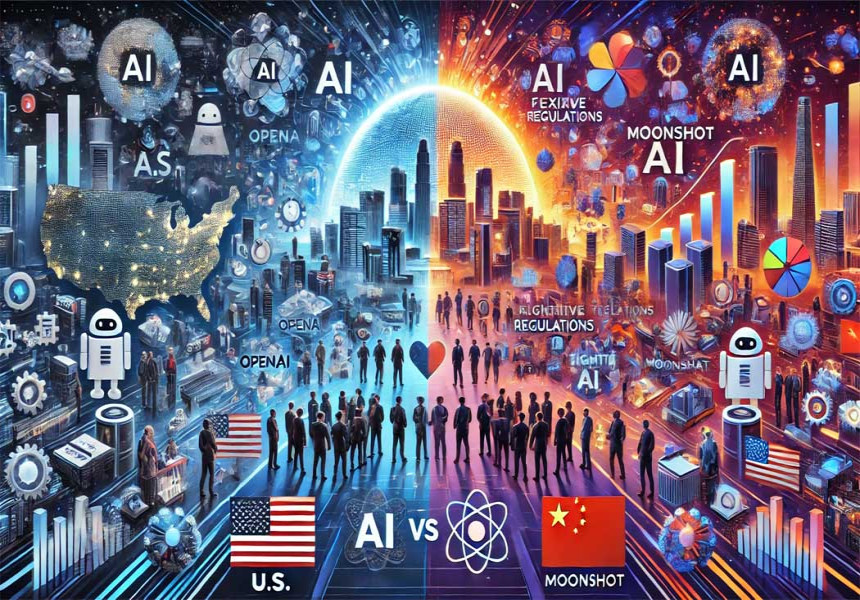Limitations and critical issues of Manus Ai
Manus AI, developed by the Chinese startup Butterfly Effect Technology Ltd Co and launched on March 6, 2025, is an autonomous artificial intelligence agent that promises to perform complex tasks without constant human supervision. However, despite the initial enthusiasm and hype generated, it exhibits several limitations and critical issues that have emerged from early tests and user analyses. Here is an overview based on the available information:
Limitations of Manus AI
- Limited autonomy in complex contexts: Although Manus is designed to operate independently, some experts, such as Alexander Doria from Pleias, describe it more as a "workflow" than a true autonomous agent. For intricate tasks requiring nuanced decisions or real-time adaptations, it tends to require human intervention, reducing its effective independence.
- Stability issues and frequent crashes: Users have reported system instability, with recurring crashes and interruptions during task execution. For instance, MIT Technology Review noted that Manus freezes on certain pages or tasks for extended periods, exhibiting a higher failure rate compared to tools like ChatGPT DeepResearch.
- Limited context window: Manus struggles to handle large amounts of data simultaneously due to a narrow context window. This makes it less effective for tasks that require processing extensive information or maintaining prolonged context.
- Dependence on existing models: It is not an entirely new AI but a system that integrates pre-existing models like Claude (Anthropic) and Qwen (Alibaba). This raises doubts about its originality and whether it is more of an "intelligent orchestration" of available technologies rather than a revolutionary innovation.
- Restricted access and scalability: Currently in a private beta phase, Manus is accessible only by invitation, and high demand has overloaded its servers, causing delays and difficulties in scaling the infrastructure. The team has admitted to underestimating the interest, highlighting scalability challenges.
- Specific operational limitations: It cannot create user accounts, bypass security measures without explicit authorization, or perform certain actions it is theoretically supposed to support, such as posting on social media. Additionally, the amount of daily usage is capped, further restricting its potential.
Critical Issues of Manus AI
- Inconsistent efficiency and performance: Initial tests have revealed frequent errors, such as incorrect responses, incomplete solutions, or processes that freeze without completing. For example, simple tasks like ordering food or booking flights have shown reliability issues, with incorrect links or interrupted processing.
- Overblown hype: The media frenzy, amplified by Chinese press and a limited distribution strategy (with invite codes sold for thousands of euros), appears to exceed the system’s current capabilities. Viral videos showcasing advanced features have been debunked by the developers themselves, fueling skepticism.
- Security and accountability: Manus’s ability to execute commands autonomously raises concerns about security risks, such as unauthorized interactions with external systems. Furthermore, it remains unclear who bears responsibility for errors with significant consequences, a problem worsened by the lack of adequate regulations for autonomous AI.
- Comparison with alternatives: Compared to DeepSeek, another Chinese model known for its open-source approach and tangible results, Manus appears less mature. DeepSeek has developed original solutions, while Manus relies on existing technologies, and its execution issues make it less competitive at present.
- Cost-benefit and applicability: Although the cost per task is low (around $2 according to MIT Technology Review), its unstable performance and functional limitations may not justify the investment for users or businesses seeking reliability.
Butterfly Effect Technology Ltd Co has created an ambitious project with Manus, aiming to revolutionize human-machine interaction through an autonomous AI agent.
However, the technical and operational limitations, combined with a launch more focused on marketing than substance, suggest that the system is still in an experimental phase.
The partnership with Alibaba (Qwen) and the commitment to releasing open-source components could improve its prospects, but for now, Manus does not seem to live up to the expectations it has generated. A definitive judgment will require further updates and more thorough testing.









